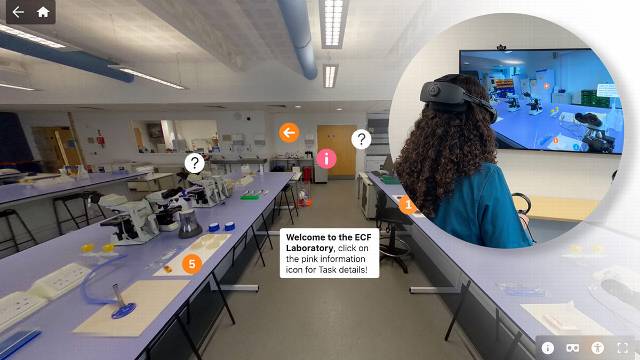

Ag Bill latest stages: February 13, 2020. Committee debate, 3rd and 4th sittings in the House of Commons
As the Agriculture Bill makes its way through Parliament, we’ve been gathering responses from members of the university community on what it means for the future of farming. Today, Dr Edwin Harris, Senior Lecturer in Statistics responds to the content of the Bill, focussing of the role played by data.
The UK Agriculture Bill 2019-2020 registers an intention to leverage the collection of data on a wide range of agriculture activities from farm-to-fork-to-environment, with the intention of using this data monitor and inform best practice in agri-food supply chains.
While data already has a huge impact on our lives (via our use of services like Amazon, Facebook, Google and many others), the use of data and machine learning to assist decision-making in many other areas of daily life is imminent. One area is agri-food, where we have begun using sensors to monitor farm equipment, drones to monitor crops, "cattle fitbits" for dairy cows, digital mapping of logistic supply chains and demand in grocery stores, and many other examples.
This growing use of data is creating a huge demand for jobs. While there is a general, large and growing demand across diverse job sectors in the UK, the agri-food industry, in particular, is predicted to grow in demand for data scientists, with applications in agri-tech, and smart farming and a large surge in demand for general skills using big data and open data across the sector through 2030.
Some other points:
- The UK Government Digital Strategy identifies a large gap in the UK workforce in data science and AI, with up to 90% of jobs within 20 requiring such digital skills.
- Recent research at the Open University identified a skills gap in the domestic workforce, costing UK industries £2.2 billion per year accounted for by a shortfall in qualified job applicants, with impacts of the lack of data-related skills affecting diverse sectors.
- The Government has specifically targeted Data Science as a priority area to invest in for preparing the workforce for increasing demand by employers, to capitalize on the potential for the UK workforce in this field.
 Blog: Veterinary Medicine students step into immersive 360° laboratory
At Harper & Keele Veterinary School, students are stepping beyond the traditional microbiology bench and into an immersive 360° labo …
Posted
Yesterday
Blog: Veterinary Medicine students step into immersive 360° laboratory
At Harper & Keele Veterinary School, students are stepping beyond the traditional microbiology bench and into an immersive 360° labo …
Posted
Yesterday





